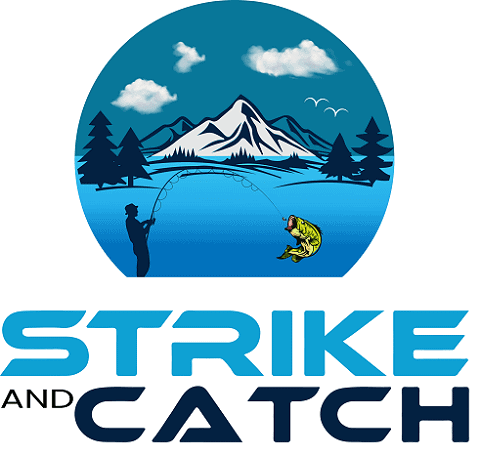Following a series of fatal shark attacks along the coast of South Australia, one local mayor is now calling for drastic approaches to tackle the problem.
Continue reading this article to learn more about the recent shark attacks in South Australia and what Elliston Mayor McLeod’s unorthodox proposal is all about.
South Australia is known for its rich biodiversity and healthy shark populations.
Unfortunately, more sharks often also mean more shark attacks.
Over the past eight months, there have been six severe shark attacks in South Australia, three of which were fatal.
Great white sharks are believed to be responsible for most of these attacks.

Elliston, a small town near the Eyre Peninsula in South Australia located about 7 hours west of Adelaide, and its surrounding areas have been the site of several attacks.
It was here, off Walkers Rock Beach, that the most recent attack took place.
A 64-year-old teacher was surfing the area and suffered a leg injury from a shark attack.

Yet another surfer had been fatally attacked at that same beach last May.
It goes without saying that serious incidents such as these do not remain unnoticed in a small community like Ellison.
According to the town’s mayor, Andrew MacLeod, a lot of talk is going on, and many people are now afraid of entering the waters around Ellison and the Eyre Peninsula.
That is why he, along with the District Council of Elliston, decided to pass a motion last November that calls for the Department for Primary Industries and Regions (PIRSA) to put a targeted shark cull into action.
Mayor Calls for a Drastic Solution to the Shark Problem

According to McLeod, the rate and severity of the shark attacks in the region are very alarming and have to be addressed by the state government.
His somewhat unorthodox idea of terminating a shark if and when it has killed a human being is nothing new but has, nonetheless, caused a lot of debate in South Australia.
The mayor’s reasoning goes as follows: attempting to kill a shark following an attack is a targeted approach and would hence not jeopardize the survival of the entire species.
Fisheries officers would merely try to terminate the shark responsible for an attack.
McLeod, himself a victim of a shark attack back in 2014, is trying to get other councils in South Australia on board to lobby the idea toward the government.
Biologists and Marine Conservationists Are Sceptical
So much for the theory! But is a targeted shark termination after an attack a realistic solution to the problem?
Expert biologists and marine conservationists don’t think so!
Finding the responsible shark is pretty much an impossibility.
Such measures are commonly ineffective and do not result in any “justice,” if you can call it that.
Additionally, historical examples of shark culls have shown that authorities tend to kill more specimens than intended or necessary, which can severely affect a local shark population.
However, there are other, perhaps more effective ways of dealing with this problem!
Finding Alternative Solutions that Fit Both Humans and Sharks

Biologists who have studied the behavior of great whites and other shark species have come up with several solutions that do not include the killing of sharks.
One such solution includes an extensive tagging project led by scientists, which would enable authorities to track the movements of great whites in the affected areas and out warning systems into place.
Of course, this isn’t a bulletproof approach, as it would be impossible to tag all the sharks out there.
Another idea is to use area-based deterrents, a quickly developing and promising technology.
An interesting example is the use of orca calls as an acoustic shark deterrent.
Other, less modern measures include physical barriers such as nets shielding popular beaches and surfing areas.
RELATED READING: 40 Awe-Insiring Grerat White Shark Facts
Sharks Are on the Rise, and that is a Good Thing!

A third, less popular approach is closing specific beaches and surf areas.
Of course, this doesn’t sit well with local tourism and business owners, but at some point, we will have to realize that this is probably the best way forward!
Humans do not own the beaches or reefs of the oceans. Sharks, on the other hand, call them their home and have been there for millions of years.
That has to count for something! Especially since the conservation efforts over the last 20 or so years have yielded such promising results.
Especially the majestic great white is making a phenomenal comeback, and its numbers are increasing yearly!
After decades of shark finning and mindless killing of these extraordinary creatures, that is excellent news indeed.
Sharks inhabit our oceans, and yes, they are predators. But who are we to decide where they should be allowed to live or not?
Myabe, it is time to step back and let nature run its course for once.
If we really want to restore and protect our environment, we will have to find ways of coexisting with the wildlife included in this protection!
RELATED READING: How Big Do Great White Shark Get?
Featured image by Olga Ernst – Own work, CC BY-SA 4.0


Leave a comment